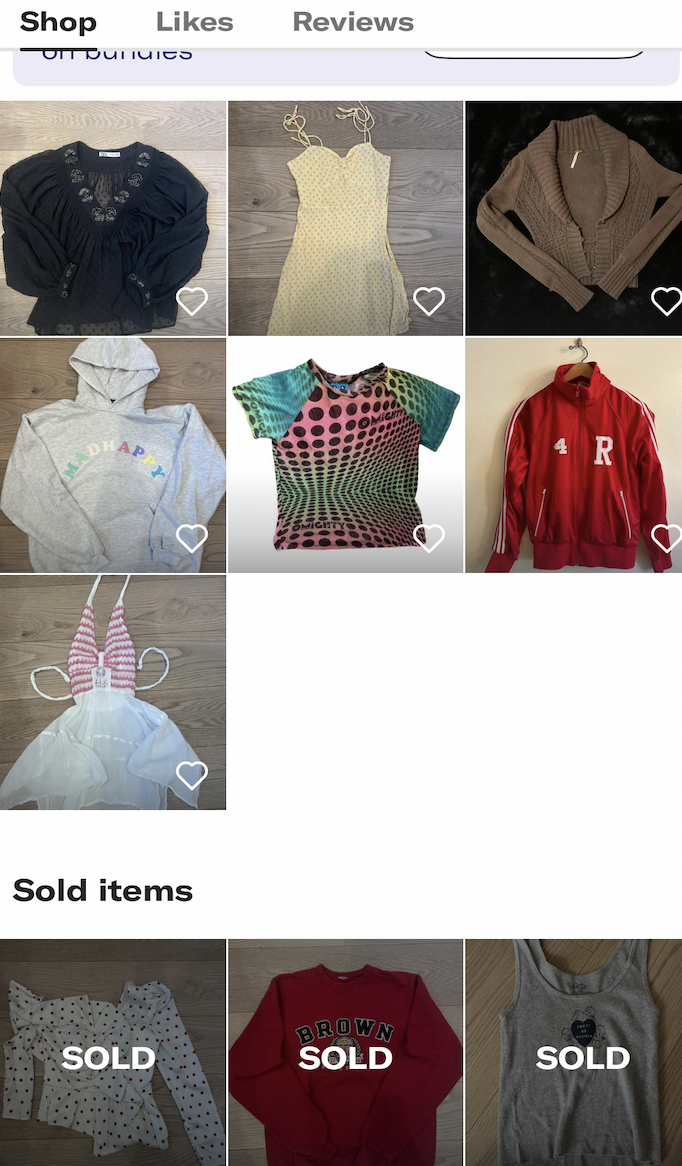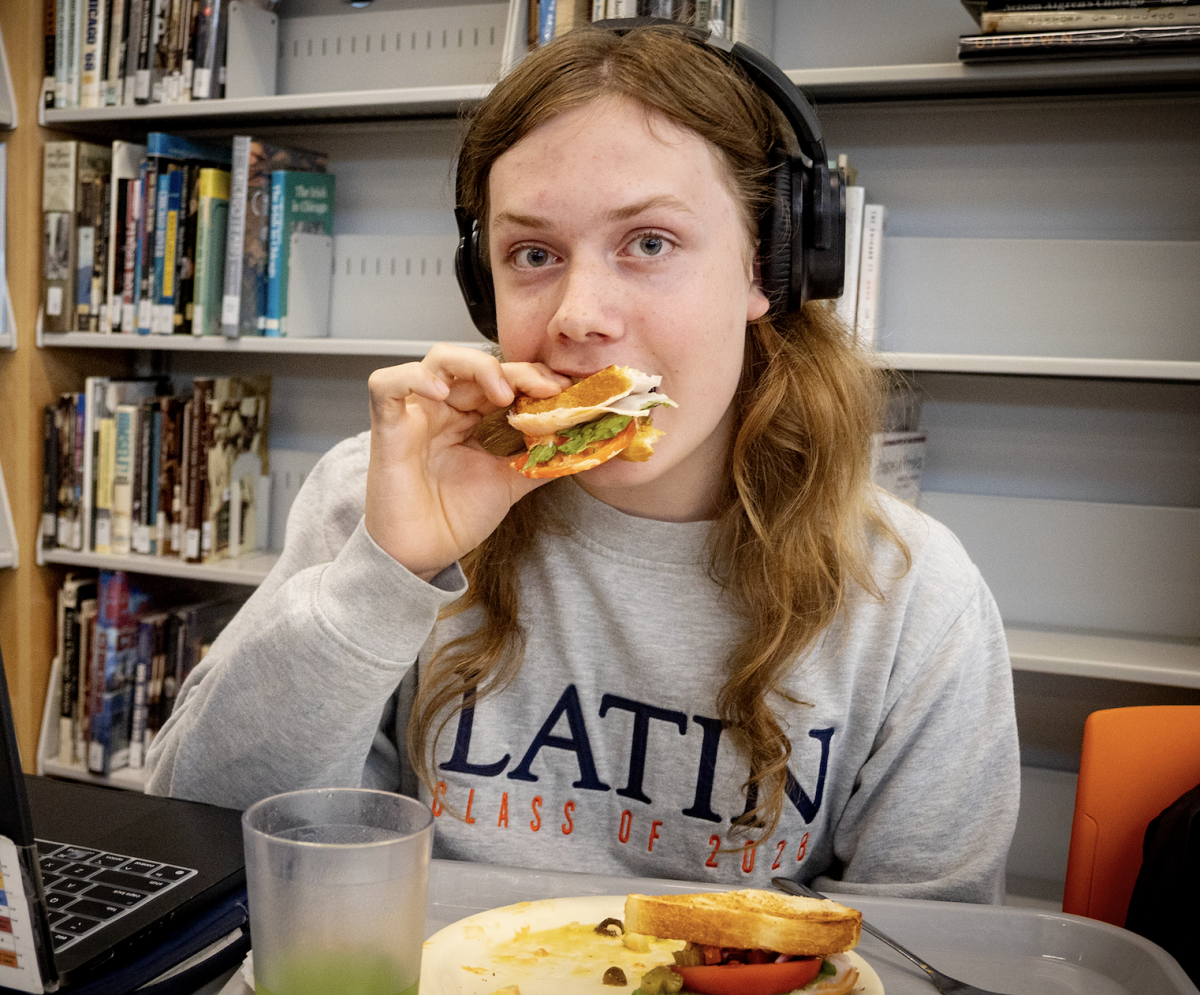In a world where new fashion trends appear overnight and vanish by morning, our closets have begun to overflow with impulsive retail therapy purchases and outdated clothing. Consumerism has experienced a tremendous increase, and it shows no signs of slowing. Amid the chaos of the fashion industry, one app has offered a solution to the culture of consumerism by reviving the excitement of secondhand shopping: Depop.
Since Depop’s launch in 2011, the app has gained significant popularity, with 43.5 million registered users worldwide. An online marketplace where users can sell and purchase secondhand clothing, Depop states on its website that its mission is to “make fashion circular—encouraging millions more people to choose secondhand and extend the lives of their clothes.”
With the fashion industry responsible for 2-8% of global carbon emissions and representing the second-largest consumer of water, Depop’s mission is more relevant than ever. If current trends persist, industry emissions are projected to increase by another 26% by 2050.
Senior Morgan Sirek, a head of Latin’s Green Club, expressed her concerns regarding the current issues caused by the fashion industry. “I think it’s really saddening, and crucially important to look at it from multiple perspectives,” Morgan said. “We each have the ability to mitigate these numbers and purchase fashion more eco-consciously. Whether that be using Depop or going to a thrift store, everything we do helps.”
At Latin, Depop has become an outlet for students to experiment with and share their style. The app’s social aspect makes it stand out, as users can follow sellers, message them with questions about sizing, negotiate price deals, and curate their own online shop with a personalized aesthetic.
Junior Myla Robertson, who has sold more than 75 items on Depop, said, “I love the app because it is a way for me to get rid of my old clothes and items that don’t fit me without throwing them into a landfill and hurting the environment.” She added, “Also, from the standpoint of purchasing others’ clothes, you find unique pieces that are in great condition for a low price.”
An additional factor that appeals to many individuals is the simplicity of Depop’s design. Senior Laila Ciaccio praised the layout of the app. “When I use Depop as a seller, the easy process is something I really value, as you can just take a quick picture, set a price, and post it online. Even when someone buys your item, Depop takes the lead and provides you with a label that you just need to print out, tape on, and give to USPS.”
Senior Julia Steffen echoed Laila and Myla’s praise of Depop. “Buying stuff on Depop is great, because a lot of times the clothes are in perfect condition and come with tags on, and it’s sold for a lot cheaper than it would be if you purchased it off the website,” Julia said. “I like selling stuff on there, because it is a good way for me to declutter my closet while making money off of it.”
Depop’s popularity among Latin students reflects a broader cultural shift toward sustainability and buying secondhand clothing. Who knew that shirt collecting dust in the back of your closet could actually be someone else’s dream piece of clothing? The app has redefined what it means to sell and buy secondhand, transforming the experience into an enjoyable one that seamlessly merges style with sustainability.
As Myla said, “I think Depop is where fashion is heading in the future, a world that values sustainability just as much as a cute outfit.”











